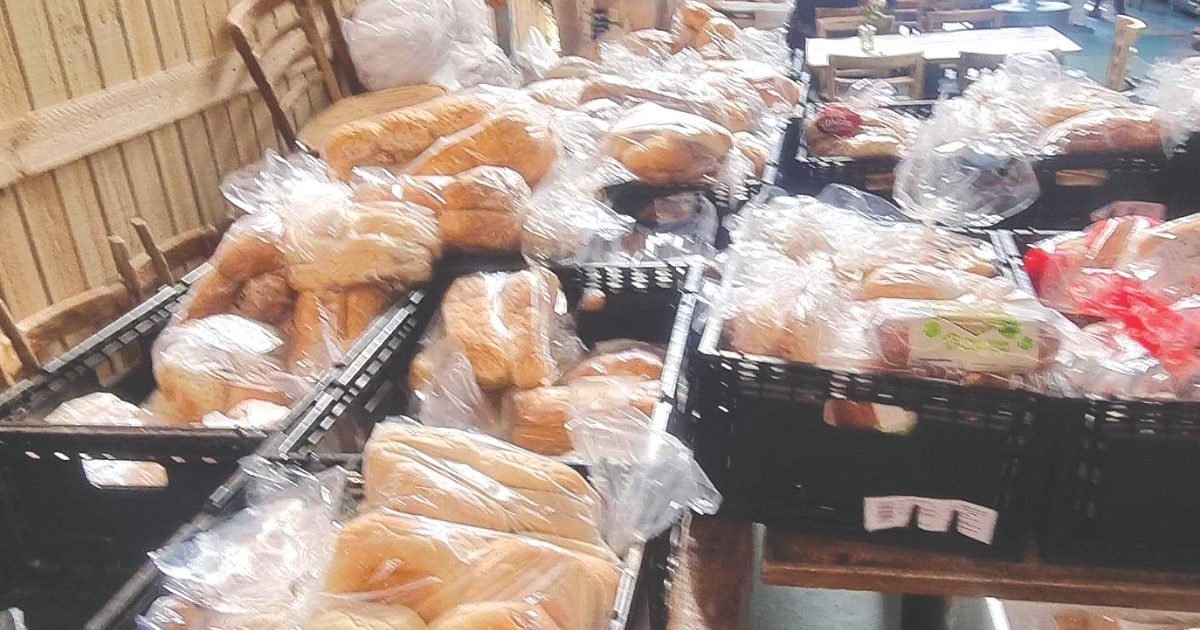Scrutiny on supermarket pricing practices increases as consumer confidence declines

The release of the Australian Competition and Consumer Commission’s (ACCC) interim report last month marks the halfway point of its year-long inquiry into Australia’s supermarket sector. Photo: PIXABAY
MANY Australians have lost trust in supermarkets as they face rising grocery costs and challenges finding the best value for products, a report from Australia’s consumer watchdog has found.
The release of the Australian Competition and Consumer Commission’s (ACCC) interim report last month marks the halfway point of its year-long inquiry into Australia’s supermarket sector.
“Many consumers have told us that they are losing trust in the sale price claims by supermarkets,” ACCC deputy chair Mick Keogh said.
“These difficulties reportedly arise from some of the pricing practices of some supermarkets, such as frequent specials, short-term lowered prices, bulk-buy promotions, member-only prices and bundled prices.”
The report found the price of a typical basket of groceries has increased by more than 20 per cent in the past five years, and the majority of low-income households have to spend 20 per cent of their pay on groceries.
Many Australians also reported concerns they are being penalised for not participating in supermarket loyalty programs.
Mr Keough said food price growth has largely been in-line with inflation in other goods and services, but over the remaining five months of its inquiry, the ACCC will examine “the extent to which any market power held by the supermarkets has a role in increasing prices to consumers or decreasing prices to suppliers”.
Earlier this month, the federal government announced it would tackle deceptive pricing and shrinkflation – where the size of a product is reduced, but the price remains the same or increases – through stronger unit pricing and substantial penalties.
The ACCC is also set to receive a $30 million boost to investigate poor conduct.
Prime Minister Anthony Albanese said the new measures would ensure the ACCC is “a tough cop on the beat”.
Federal member for Corangamite Libby Coker said the “supermarkets are now going to face hefty penalties if they’re caught offering dodgy discounts, basically charging more for less”.
“At a time when many families are doing it tough, it’s just disgraceful that supermarkets could try this on,” she said.
ACCC chair Gina Cass-Gottlieb said the funding would enable the watchdog to escalate a range of investigations in the supermarket sector.
“We have heard first-hand from consumers how the cost of living is impacting their ability to choose and that they need to be more cautious with purchasing decisions,” she said.
“It is critical that consumers are provided with clear and accurate information about the price or value of the goods and services they rely on.”
Consumer group CHOICE also welcomed the announcement but said more needed to be done to clamp down on deceptive practices.
“To make shrinkflation more transparent we really need labels on shelves alerting customers to when a product has shrunk, but the price has remained the same or increased,” deputy director of campaigns Andy Kelly said.
“In March, our investigation uncovered 10 products affected by shrinkflation – with Coles and Woolworths store-brand cereals shrinking in size by 65 grams while the price stayed the same, resulting in customers playing 14 per cent more for the product.
“If consumers were clearly notified of these changes, it would be harder for supermarkets to continue to get away with this sneaky tactic.”
The ACCC’s final report is expected in February.

















